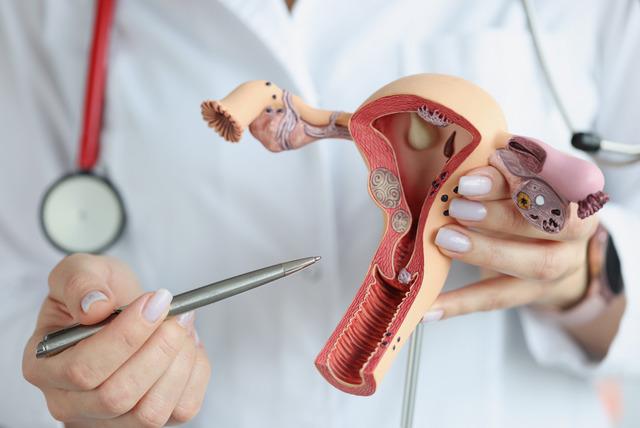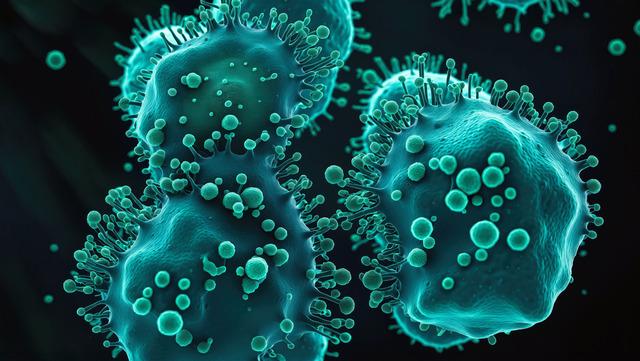Professor Justin Stebbing, an expert in biomedical sciences at Anglia Ruskin University, explained that detecting cancer in the ‘silent stage’ could be key to ensuring a better chance of survival. “Even silent cancers can sometimes be aggressive and progress rapidly, but they can also remain dormant for years or even decades. Some prostate, breast, and thyroid cancers, for example, often develop slowly without noticeable symptoms or spreading beyond the original area,” he writes on Conversation. “Many countries have screening tests for diseases such as breast or colon cancer to increase early detection.” He wrote:
Screening tools are a boon to find cancer earlier rather than waiting for symptoms. According to the news in The Sun, Prof Stebbing said: “Identifying cancer at an early stage means the disease is confined to the site of origin, is smaller and potentially easier to treat.” said.
“Detecting a smaller cancer usually means that if surgery is necessary, it may be a less invasive surgery. There may also be a lower chance of needing prophylactic chemotherapy after surgery to clear out any remaining cells.”
TESTS YOU SHOULD KNOW
There are three free cancer screening tests that can help catch certain types of diseases earlier.
FOR BOWEL CANCER

Bowel cancer is the UK’s second deadliest cancer, causing 16,500 deaths each year.
According to the Türkiye Unified Database, the incidence of colorectal cancer ranks third in both men and women in Turkey.
According to Cancer Research UK, more than 90 percent of bowel cancer cases can be treated successfully if diagnosed early.
IMPORTANT SYMPTOMS;
- blood in stool
- Permanent change in bowel habits
- unexplained weight loss
- Tiredness
- Pain or swelling in your stomach
- Other tests
FOR CERVICAL CANCER

The first Pap smear test should begin at age 21 and be repeated every 3 years until age 30. For those aged 30-65, Pap smear every 3 years or HPV/Pap smear co-test every 5 years or HPV test every 5 years is recommended. However, the frequency of screening is increased in HIV-positive people, people with weakened immune systems, and people with abnormal Pap smear test results.
IMPORTANT SYMPTOMS;
- Bleeding between periods, after sex, or after menopause
- Pain during sex or in your pelvic area
FOR BREAST CANCER

If breast cancer is detected early, treatment is more successful and the chance of recovery is higher.
Breast screening uses a special device called a mammogram that can detect cancers that are too small to be seen or felt.
Every woman; She should have her first mammogram at the age of 35-40. It should be taken every two years between the ages of 40-50. It should be taken once a year for those aged 50 and over. If there is a family history of breast cancer; The age of first check-up mammography should be 30 and the frequency should be once a year.
IMPORTANT SYMPTOMS;
- A lump (although 90 percent of breast lumps are not cancer)
- Thickening of breast tissue
- Change in breast size or shape
- bloody discharge from nipple
- Shrinkage
- pitting
- Rash on the skin around the breast
- nipple changes
- A lump or swelling in your armpit

